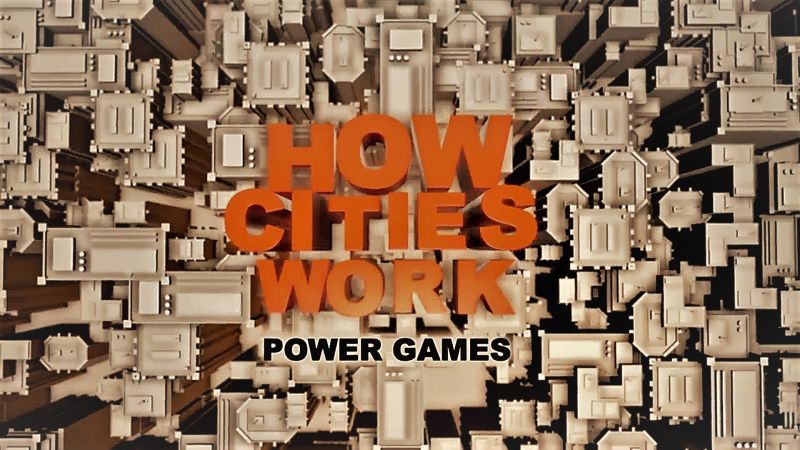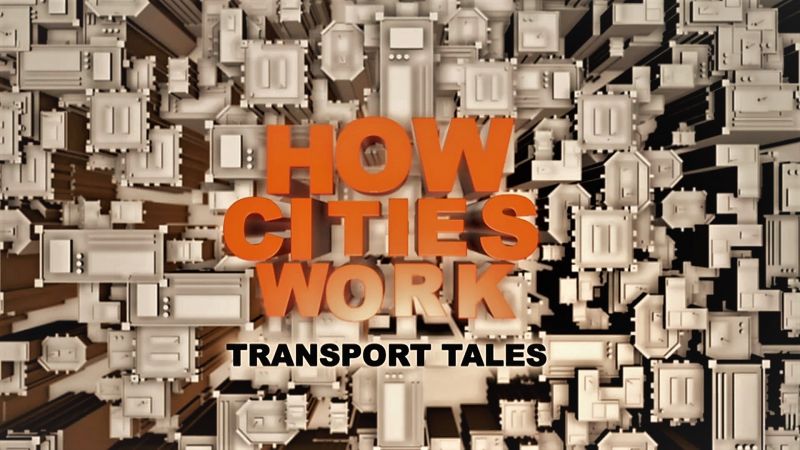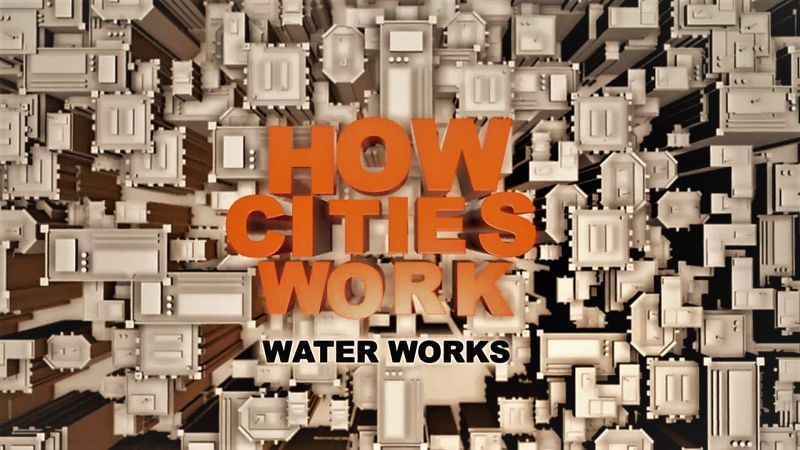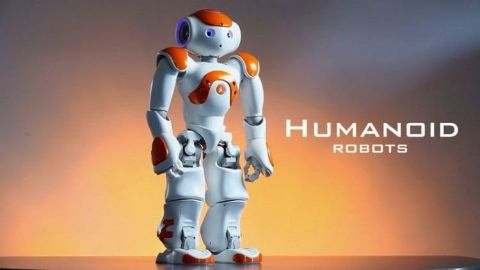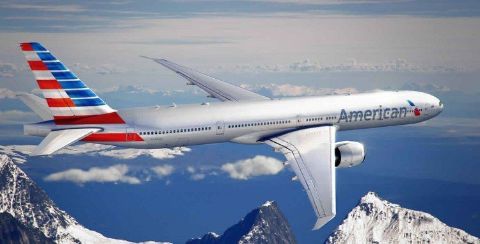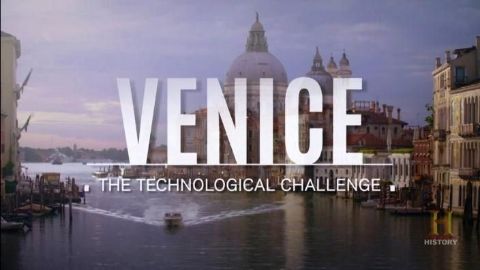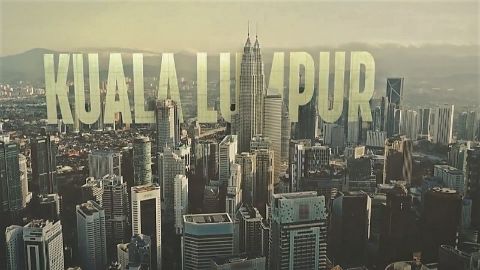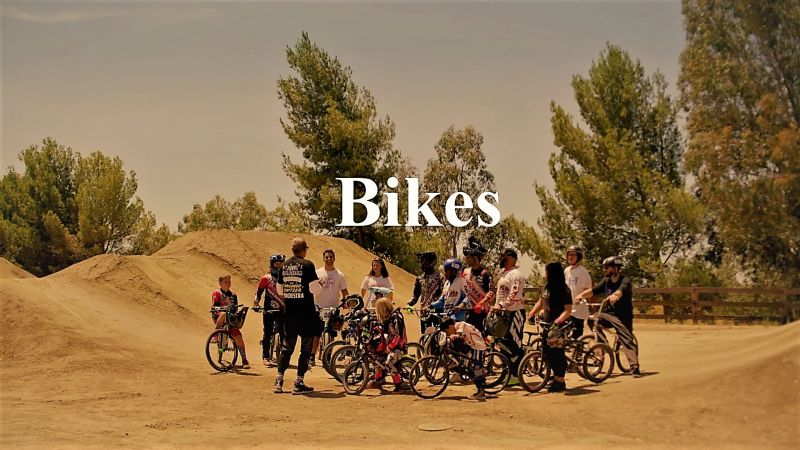How Cities Work • 2013 • 5 episodes •
Electricity powers the life support systems that keep our cities running. Lights, transport, communications, and even hospitals rely on this invisible force. Without it, our cities come to a standstill and lives are put at risk. Meet the people who spend tireless hours to make sure that city power grids remain safe, efficient, and uninterrupted
2013 • Technology
Food- human life can't exist without it. It's a city's most important source of energy. In New York alone, 8 million people consume 10,000 tonnes of food every day. Without new supplies, cities will run out of fresh food in a matter of days.
2013 • Technology
The world's cities are growing at a faster rate than ever before. An estimated 75 million people around the world move to an urban area every year. And as our metropolises become more and more crowded, architects, designers, and builders face a constant challenge.
2013 • Technology
If people are the lifeblood of cities, then transport links are its veins and arteries. If they're cut off, the city will die. Thousands of people work every day at making it possible for city dwellers to be where they need to be, when they need to be there. It's an endless demand of brain and brawn. Without the army of drivers, diggers, and planners, our great cities would come to a halt.
2013 • Technology
For centuries, cities have been built near a fresh water supply. Without water, we'd be lucky to live three days. This most basic human need can be deadly too... the wrong supply can poison us, or get too close or careless and it can drown thousands in an instant. With every passing year, the challenge of providing water to billions of people becomes harder and harder.
2013 • Technology
